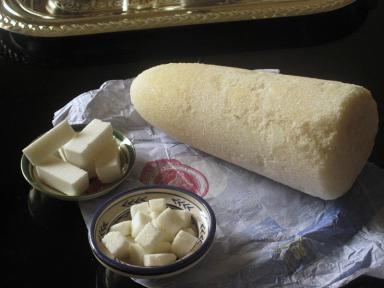I like to share language and cultural bloopers on Mondays. It’s nice to get our week started with some fun and laughter—“Cultural Craziness.”
Today, however, my heart is not laughing and dancing. Rather, my heart is still heavy with ache over the tragedy of 50 precious lives lost in a terrorist attack last week in New Zealand. (Read “Tears Falling in Mosques, Synagogues, Temples, and Churches.”)
While watching the international news last night, the reporter stated that they are still attempting to identify the names of all of the victims. They may not know until Wednesday—almost one week after the tragedy.
Anxiously Awaiting News
Their grieving families are waiting in anguish to bury their loved ones.
This statement, in and of itself, is tragic.
Can you imagine waiting for days to know if your child, your spouse, your brother, your mother, or your grandfather was among the victims?
This statement, from a cultural perspective—from a religious perspective—is devastating.

Hearing these words jogged my memory. I was suddenly taken back to the many funerals of friends who had lost their loved ones during our years living in Morocco. We witnessed too many funerals . . . too many deaths. All of these deaths were full of sadness and grief. The hardest ones, however, to experience were those of innocent children—children who died too young.
In all of these losses, there were certain cultural and religious rituals that had to be respected. One of them was the timing of the burial.
24 Hours
I can remember one of my Moroccan friends sharing with me the importance of burying the person within 24 hours. After a death, everything moved very quickly. The body was washed and wrapped in cloth to prepare for the funeral.
Cultural Awareness
In a BBC interview with Dr. Abduljalil Sajid, chairman for the Muslim Council for Religious and Racial Harmony in the UK, he explains the reasons behind this 24-hour ritual.
“The reason for speedy burials partially stems from days when hygiene wasn’t at its best. It was a way to protect the living from any sanitary issues.”

Dr. Sajid says it is acceptable to delay a Muslim burial when the person has not died from natural causes. In these New Zealand terrorist attacks, there is certainly no natural cause. This was murder—killing—a terrorist attack that stole the lives of 50 innocent people.
“If somebody has been killed in battle or foul play is suspected, then most of these things go out the window,” Dr. Sajid says. He added that in those cases it is more important to determine the cause of death before burial.
Offering Sweet Blessings
While living in Morocco, when we learned of the death of a friend’s loved one, we would drop everything to hurry to their home. We would gather together with their friends and family.
I would remove any jewelry or make-up before entering their home, wearing simple, conservative, traditional clothes—a djellaba gown.
We would pay our respects and give our condolences to the family with these few beautiful words in Arabic, “Baraka fi raskoum.” (“May God’s blessing be on your head.”)
Our hands would traditionally offer to the family either a sugar cone or a plate of sweet cookies. This symbolized God’s “sweetness” to be poured over their bitter pain and suffering.

Today, we say to the grieving families in New Zealand and around the world . . . “Baraka fi raskoum.” We offer sweetness and pray God’s blessing will be poured on your heads.
—The Cultural Story-Weaver
Let’s Weave Cultures!
What are the grief and burial rituals in your culture or in other cultures you know?
We invite you to tell us your own cultural stories . . . as you engage with the world, breaking down barriers, building bridges, and “weaving cultures!” Write about them in the comment box below.



